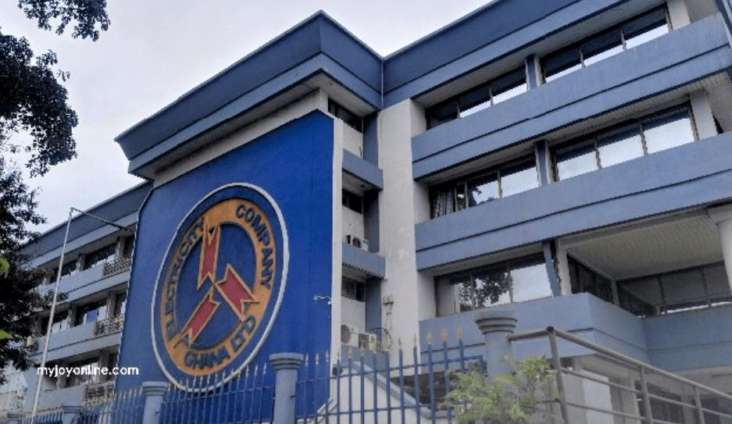Fake procurement practices are once again under scrutiny following revelations surrounding the Electricity Company of Ghana (ECG) and its mishandling of imported containers.
Policy analyst Bright Simons of IMANI Africa has called for immediate transparency from the Ministry of Energy, urging its technical staff to issue a comprehensive update on the growing controversy.
Simons’s comments reignited public concern after a provisional audit report hinted at serious mismanagement regarding ECG’s procurement and clearance processes.
The containers in question, which were earlier reported as missing but later found, remain at the heart of what Simons insisted is a much larger issue.
“The damning revelations in the provisional report…have not been washed away because the ‘missing’ containers have been ‘found.’ Finding the containers was not the challenge presented to the nation.”
Bright Simons
He argued that the scandal transcends the simple recovery of goods. At stake, he said, are deeper questions about procedural failure, financial negligence, and possible corruption within public institutions.
Simons claimed fake procurement practices have cost the country dearly through incompetence and a lack of accountability.
He questioned whether ECG has a consistent pattern of over-ordering supplies without following due process. “Were unqualified agents employed to clear the containers?” he asked in a statement posted on social media.

According to Simons, the damage isn’t merely financial. He pointed out that the ECG scandal is representative of how deep systemic rot can destabilize public service delivery and waste scarce national resources.
“How much did Ghana lose because of this whole rank incompetence of ordering stuff and failing to clear them on time, leading to penalties? Were there shady auctions? Who masterminded them? How many of such auctions occurred, and what is the quantified loss to the nation?”
Bright Simons
Simons argued that the biggest financial losses incurred by Ghana are not typically due to blatant theft but rather through “elaborate and twisted schemes” that are much more difficult to trace and expose.
Simons Warns Of Deeper Corruption Patterns In ECG
Furthermore, Bright Simons emphasized that financial losses in Ghana’s public sector are rarely the result of straightforward acts such as individuals directly embezzling funds or unlawfully selling state assets for personal gain.
According to him, if corruption were limited to such clear-cut cases, addressing and eradicating graft would be a far simpler task for the nation.

Instead, he pointed out that the majority of financial drain on the public purse stems from more complex, deeply entrenched systems involving opaque procedures, institutional inefficiencies, and questionable decisions that often go unchecked.
These subtle but damaging mechanisms, he stressed, are what truly undermine Ghana’s fiscal integrity and make combating corruption a much more challenging endeavor.
“The bulk of losses accrue from elaborate and twisted schemes that are murky, opaque, and very hard to unravel. It takes focus and a determination not to be swayed by distractions to get to the bottom of such schemes.
“We must keep our eyes fixed on the alleged rot uncovered in the provisional report: Based on the latest findings, was the rot real or not? Which findings in the provisional report have been modified?”
Bright Simons

Simons believes the Energy Ministry should urgently release a detailed statement clarifying these lingering questions. “What measures are being put in place to prevent confirmed problems from recurring?”
The unfolding scandal has ignited widespread public outrage, especially among civil society groups and watchdog organizations that view the ECG container saga as symptomatic of a broader and more troubling pattern of administrative dysfunction within Ghana’s public institutions.
For many, this incident is not an isolated lapse but rather indicative of systemic failures in governance and oversight that continue to cost the nation dearly.
In the wake of these revelations, there has been a sharp uptick in demands for comprehensive reforms—particularly in how government agencies handle procurement, manage contracts, and ensure transparency at every stage of public expenditure.
As the public awaits an official response from the Ministry of Energy, many observers believe that the ECG containers saga may be just the tip of the iceberg in a broader problem of fake procurement practices across government agencies.
READ ALSO: Davido Shares Father’s Role in Early Days of His Career




















